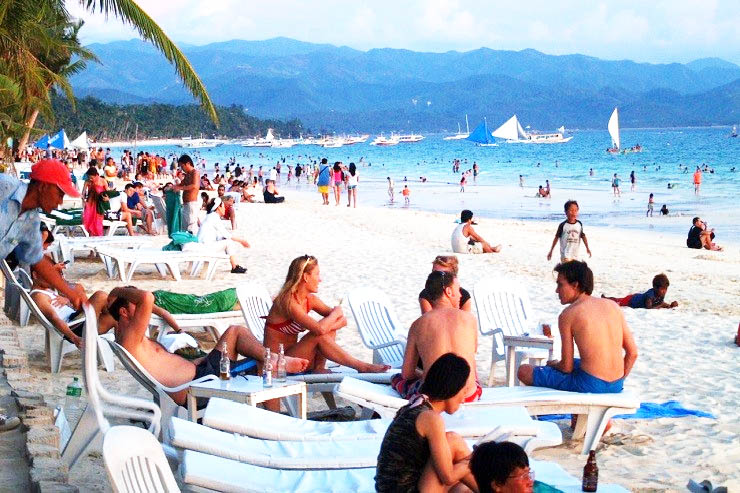If ever there remained any lingering doubts about the tourism-dependent nature of the global economy those were, this week, completely erased by the stunning revelation from United Nations Secretary General Antonio Guterres that the coronavirus pandemic had cost the global industry a staggering US$320 billion in exports between January and May this year and continues to put in excess of 120 million jobs at prolonged risk.
The third largest export sector in the global economy, behind fuels and chemicals, tourism has been decimated by the multi-faceted manifestations of the pandemic which have struck at the heart of the sector including the airline and cruise ship industries and has caused most high profile tourism-dependent countries to draw the shutters on foreign visitors. Last year the industry accounted for seven per cent of all global trade. Tourism “employs one in every ten people on earth and provides livelihoods to hundreds of millions more,” Gutterres said, adding in a terse policy briefing that that tourism also “allows people to experience some of the world’s cultural and natural riches and brings people closer to each other, highlighting our common humanity.”
During the first five months of this year earnings from the sector fell by more than 50% on account of decreased tourist arrivals. Gutteres said that while the news was a “major shock” for richer countries it amounted to an emergency for many small-island states and countries in Africa.
News of the COVID-19 battering of the global industry came as some tourism-starved and heavily dependent Caribbean territories were beginning to reopen the sector, though not without cautions. Just over a week ago tourism guides were announcing that currently COVID-free Anguilla “was due to begin accepting applications from travellers from August 1” while other Caribbean territories “with low coronavirus numbers and economies heavily dependent on tourism” including St. Lucia and Aruba are now “eager to welcome back travelers.”While Antigua and St. Lucia reportedly began to welcome back international tourists for “non-essential travel” since June, other countries in the region, apparently mindful of the increasing COVID-19 numbers in the US have reportedly rolled back re-opening plans for travellers from America. Puerto Rico, the US Virgin Islands, and The Bahamas are reportedly among those countries in the Caribbean that have reportedly done so.The governments of the Caribbean territories that have lifted travel restrictions are reportedly currently working with their local public health authorities and tourism boards on the fashioning of airport, hotel and other protocols for visitors as well as social distancing and testing measures.
The UN policy briefing projects that “export revenues from tourism could fall by US$910 billion to US$1.2 trillion in 2020 and that this could have the effect of reducing global GDP by 1.5% to 2.8%.
The greater worry expressed in the policy paper centres around the fact that the jobs of 144 million workers in related sectors, including the food service industry are now seriously at risk.








